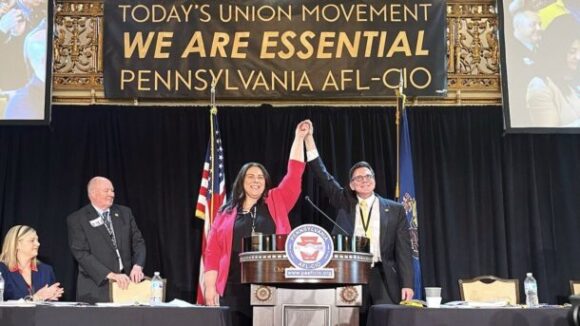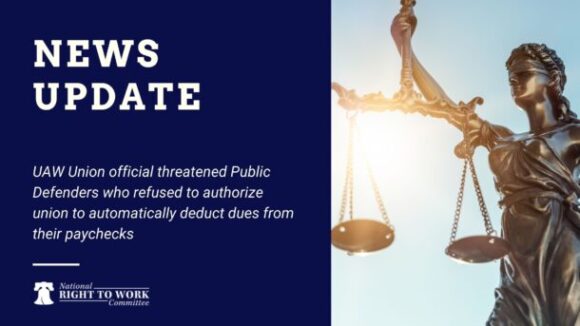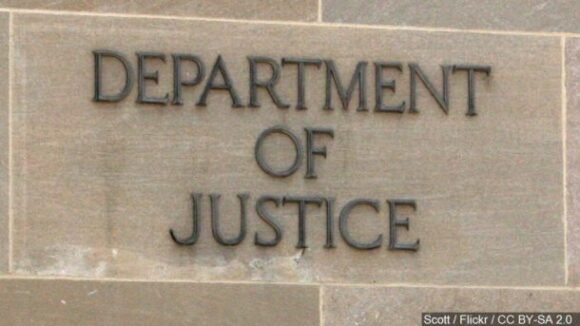Perpetual Union-Boss Control Over Pennsylvania?
The state AFL-CIO hierarchy is leading the charge for a constitutional ban on Right to Work even as it deals with a scandal.
State labor law and the courts in Pennsylvania are heavily biased in favor of government union bosses, but they have yet to furnish police and fire union officials in Scranton, located in the northeastern part of the Keystone State, with an instruction book about how to squeeze blood from a turnip. That’s why government union lawyer Thomas Jennings is now improvising.
Because of Pennsylvania’s monopoly-bargaining law and its so-called “binding arbitration” law, Scranton today owes its public safety unions $21 million in back pay to cover the cost of years of wage and benefit increases to which no one representing the city ever agreed. Neither elected officials nor their appointed negotiators ever even volunteered to go into arbitration. Rather, state law mandated an arbitration, and arbitrators ruled in favor of Big Labor and against taxpayers.
Until the fall of 2011, city leaders held out hope in a state law that seemingly shields financially distressed cities like Scranton from being forced to fork over arbitration awards. But a little over two years ago Pennsylvania’s High Court issued a legally questionable ruling that, despite appearances, Scranton is not shielded.
Unfortunately for Jennings and the union bosses for whom he works, Scranton, with a shrinking and financially strapped population, simply doesn’t have the $21 million, and doesn’t know where to get it. Services have already been cut to the bone. And the median wage earner in Scranton already hands over $1800 a year in city taxes on roughly $34,600 in income.
Both outgoing Mayor Chris Doherty and his successor agree the city has to pay the $21 million. They are just at a loss as to where to get it. In a post for the Manhattan Institute’s Public Sector Inc. blog, linked below, Gary Lewis reports on a new idea concocted by Jennings to get the dough:
On December 11, Scranton’s public servants turned on the city. After threatening to sell city hall or even the city’s fire trucks, the city’s police and fire unions filed a lawsuit requesting that the Court impose “special taxation” earmarked for repayment of an outstanding $21,000,000 court award.
There are a few flaws with this approach, the largest being that Scranton utilizes a single “general fund” which – under Pennsylvania law – does not allow for revenue to be earmarked to pay down specific debts. In fact, Scranton has included a disclosure in its most recent three bond issues stating that “real estate tax revenues… are legally available to pay all general obligations of the City and are not separately pledged as security…”
Plainly stated, after threatening to take assets required for the delivery of public service, police and firemen are now asking that the Court throw out the rulebook and allow them to take the first $21,000,000 in tax collections. That’s 40% of the city’s $55,000,000 in regular annual collections.
Bankrupt Detroit is getting more publicity, but beleaguered Scranton offers an equally good illustration of why the National Right to Work Committee and its members are fighting in state after state to roll back public-sector union monopoly-bargaining and binding-arbitration laws.

The state AFL-CIO hierarchy is leading the charge for a constitutional ban on Right to Work even as it deals with a scandal.

UAW Union official threatened Public Defenders who refused to authorize union to automatically deduct dues from their paychecks

Joseph Whitbeck, former vice president of the National Association of Letter Carriers Local 274, is now facing life in prison after being indicted for decades of wire fraud.